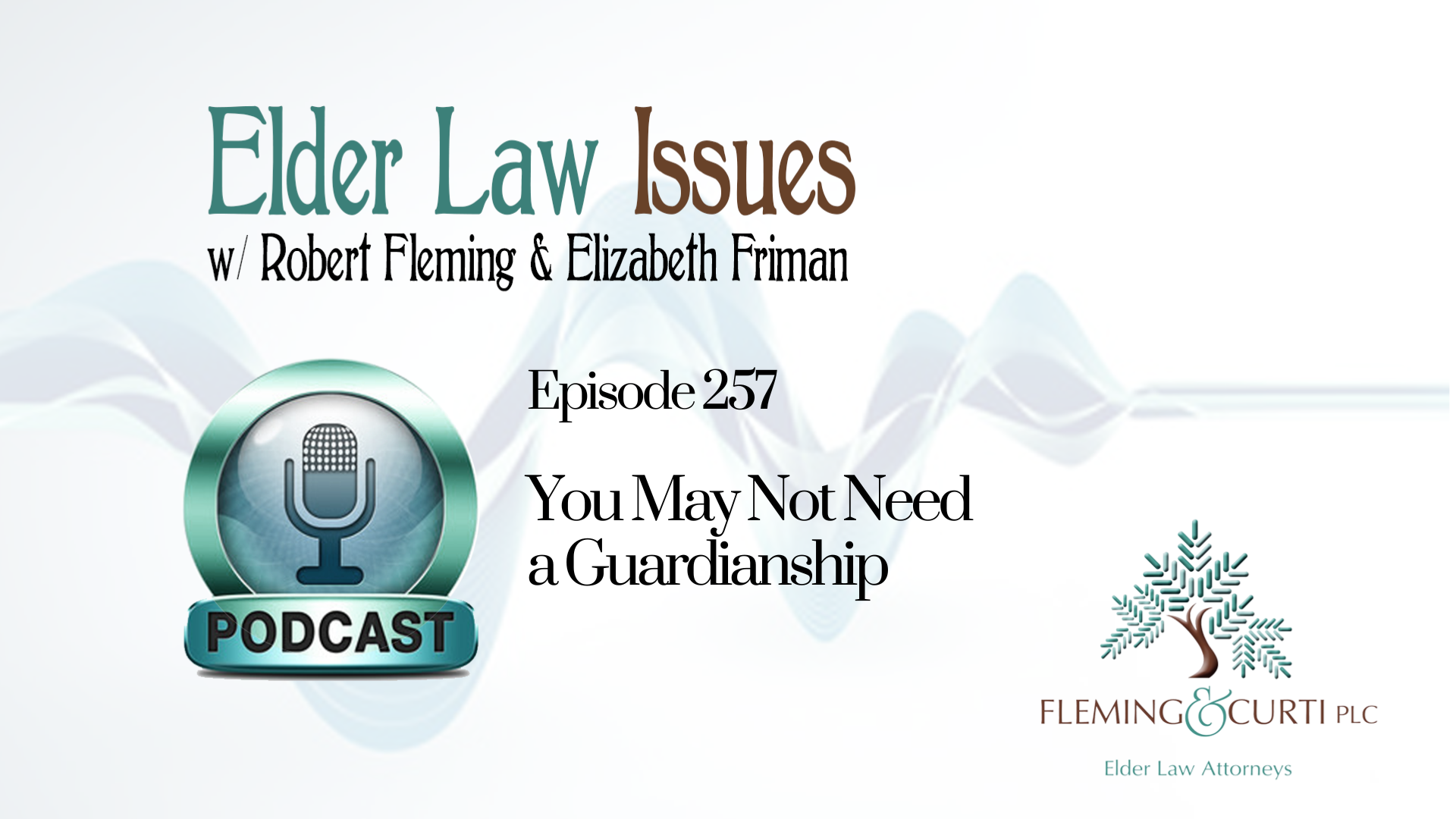Durable POA
Powers of attorney are written authorizations that designate a person to act on behalf of another. The person named to act is known as an “attorney in fact” or “agent.” The person who grants powers (by signing the document) is called the “principal.” Most powers of attorney are also “durable” – that means that the power does not terminate if the principal becomes incapacitated.
Durable powers of attorney are essential parts of any estate plan. They are intended to be used if the client ever is unable to manage finances and health care decisions. The principal designates an agent to make decisions for them. Health care powers are among documents collectively known as advance directives, and they can be implemented only when the principal is unable to give informed medical consent. Financial powers can be effective as soon as they are signed or become effective only after the principal is unable to manage their finances.
Have questions about Powers of Attorney?
Give us a call, we are happy to discuss your options.

Powers Granted by POA
There are only a few actions that cannot be granted through a power of attorney, including the power to vote or get married. An agent’s authorization is limited to the powers in the document, so the authority should be clear, detailed, and explicit. Powers granted can be very narrow (such as closing a specific real estate transaction) or very broad (make all medical decisions).
Because so much power can be given through powers of attorney, it is important to choose a trustworthy – and available – agent. The principal should implicitly trust the agent that has been nominated because the agent is required to act as the principal has directed, or, absent direction, in the best interest of the principal.
Granting another person broad power to make decisions on your behalf requires careful thought. If you do not have a durable power of attorney and become incapacitated, the court may appoint someone to act on your behalf in a guardianship and/or conservatorship proceeding. You may not have the ability to choose who is selected. By signing a durable power of attorney, you decide who will act on your behalf, if needed.
Who Can Sign POA?
Any competent person over age 18 can sign a power of attorney, and every adult should have both kinds. Some believe power of attorney forms need to be recorded at the County Recorder’s Office. This is not necessary except for specific situations, such as buying or selling real estate. Principals and agents should, however, share copies of the documents with medical professionals (for health care powers) and financial institutions (for financial powers) to ensure the documents meet their expectations. In Arizona, there is no law that requires bankers or medical professionals to accept a power of attorney document, and financial institutions, in particular, are known to question (and often decline) powers of attorney without medical documentation that suggests the principal is incapacitated. Don’t wait for a crisis to discover that your bank or doctor’s office won’t accept your documents.

I need help with:
How we're different

- Chris T
Podcasts
Subscribe to our Newsletter
Subscribe to our newsletter to get our takes on some of the situations families, seniors, and individuals with disabilities find themselves in. These posts help guide you in the decision-making process and point out helpful tips and nuances to take advantage of. Enter your email below to have our entries sent directly to your inbox!



